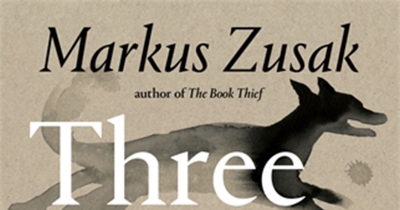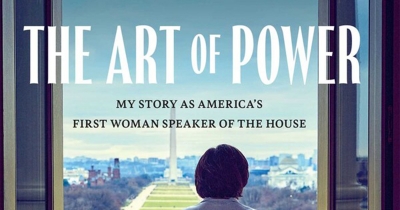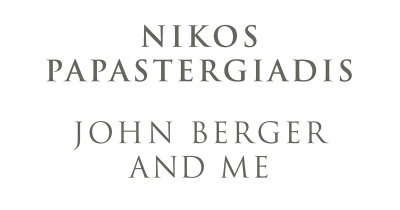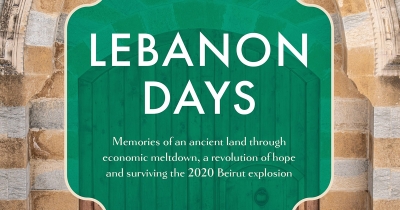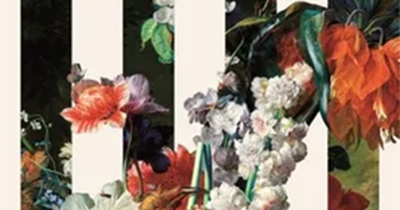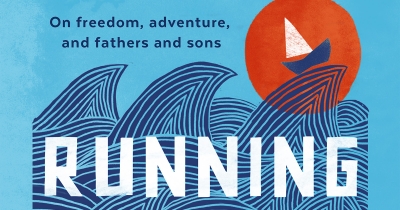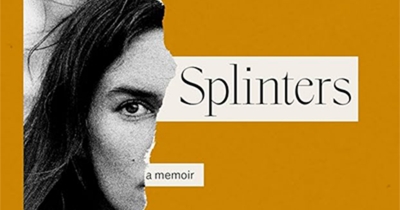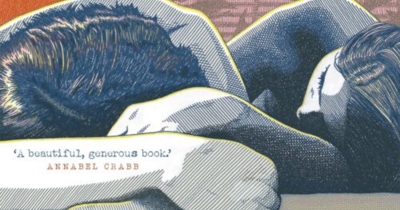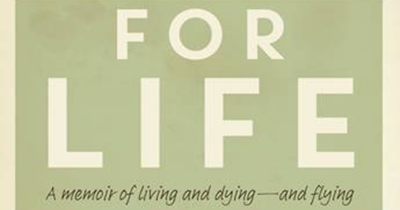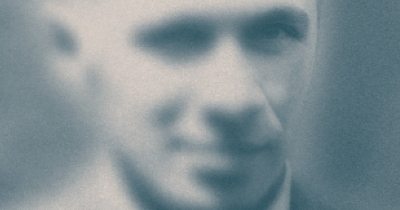Memoir
The Art of Power: My story as America’s first woman Speaker of the House by Nancy Pelosi
by Marilyn Lake •
John Berger and Me: A migrant’s eye by Nikos Papastergiadis
by Giacomo Bianchino •
Lebanon Days: Memories of an ancient land through economic meltdown, a revolution of hope and surviving the 2020 Beirut explosion by Theodore Ell
by Richard Freadman •
The Garden Against Time: In search of a common paradise by Olivia Laing
by Kate McFadyen •
Running with Pirates: On freedom, adventure, and fathers and sons by Kári Gíslason
by Shannon Burns •
For Life: A memoir of living and dying – and flying by Ailsa Piper
by Brenda Walker •

